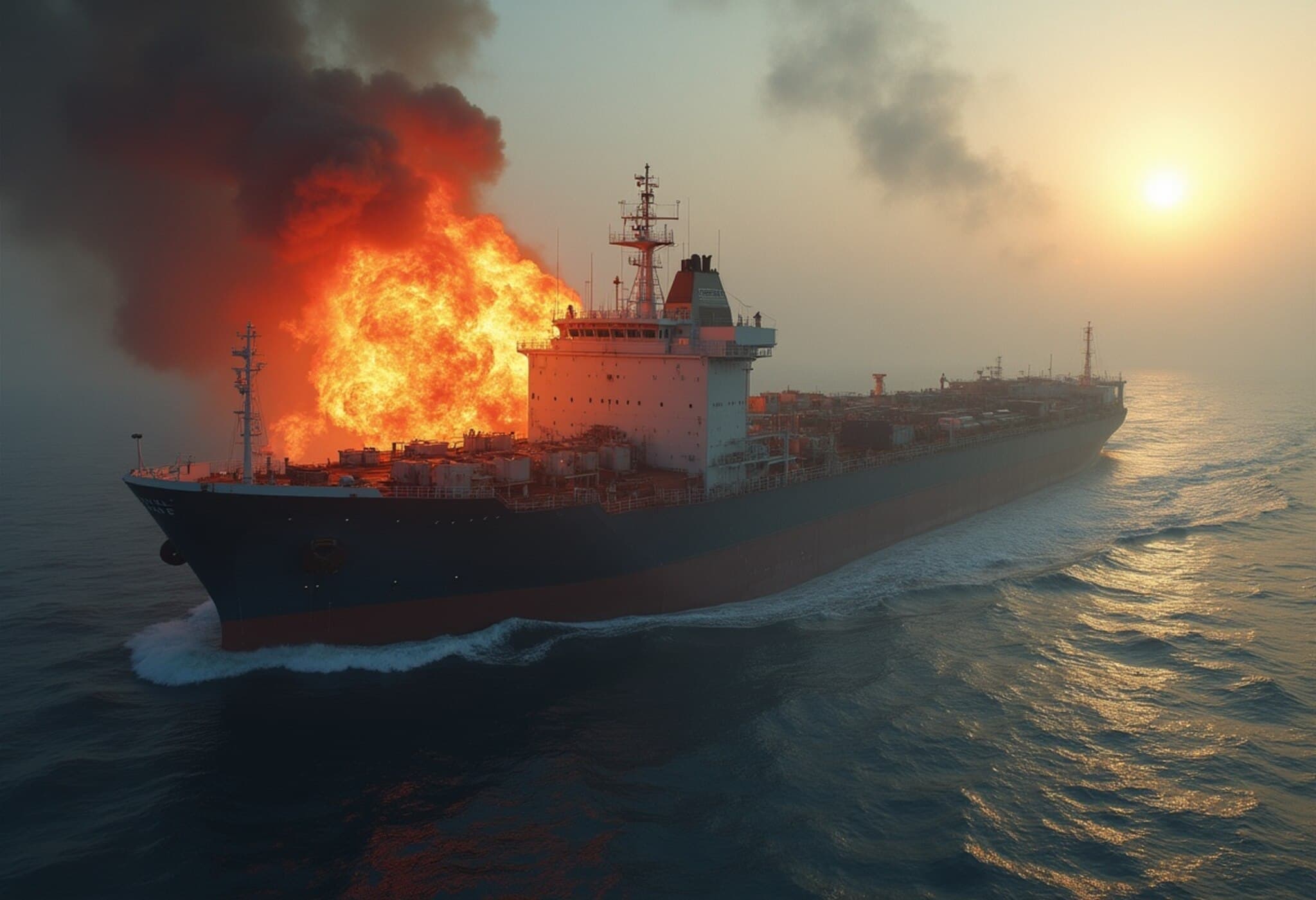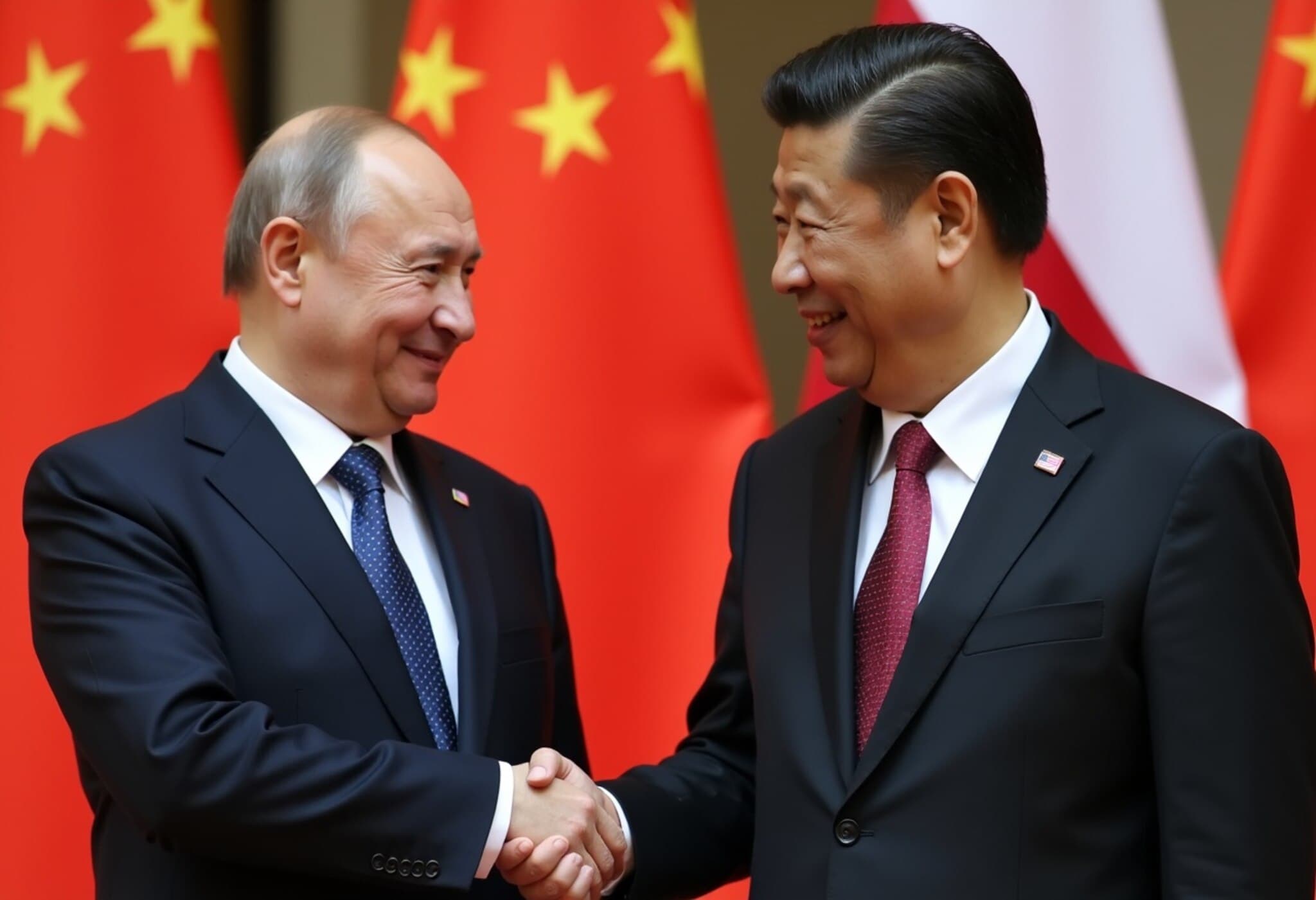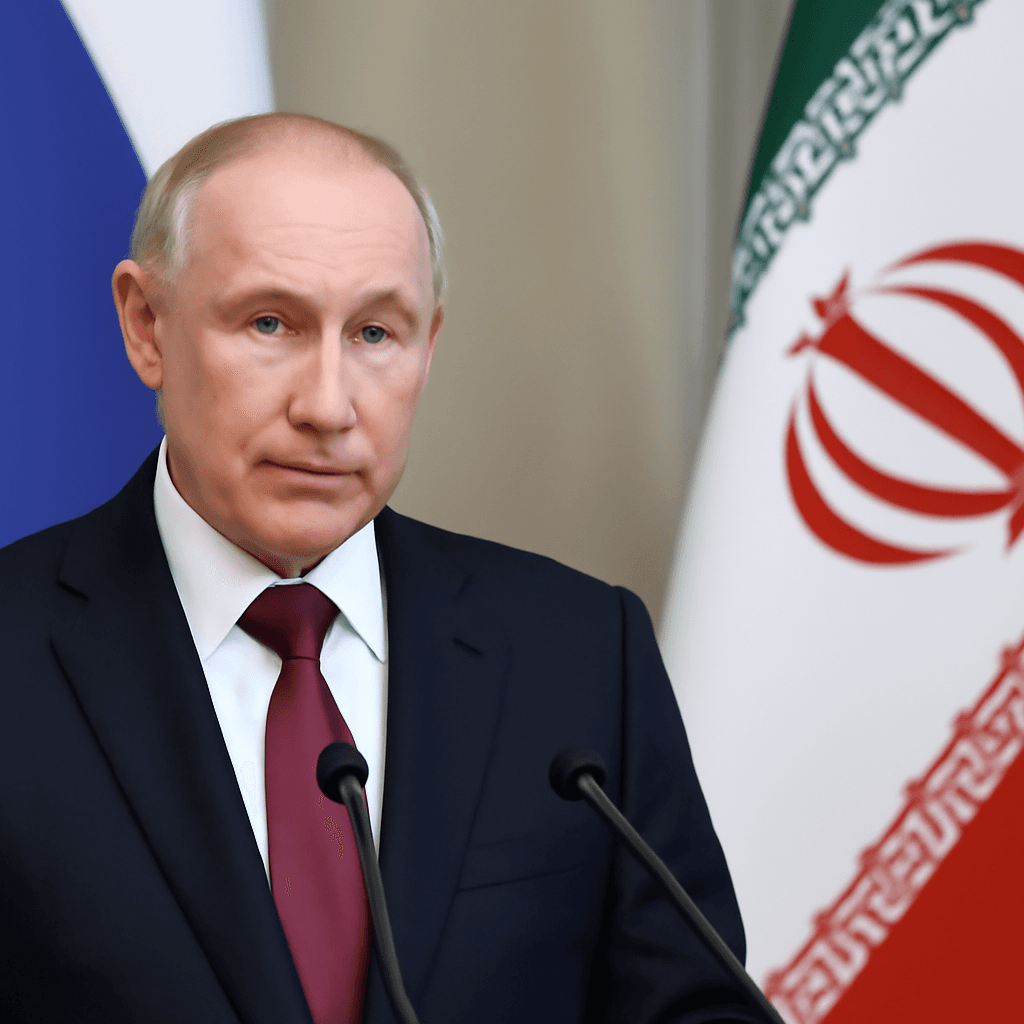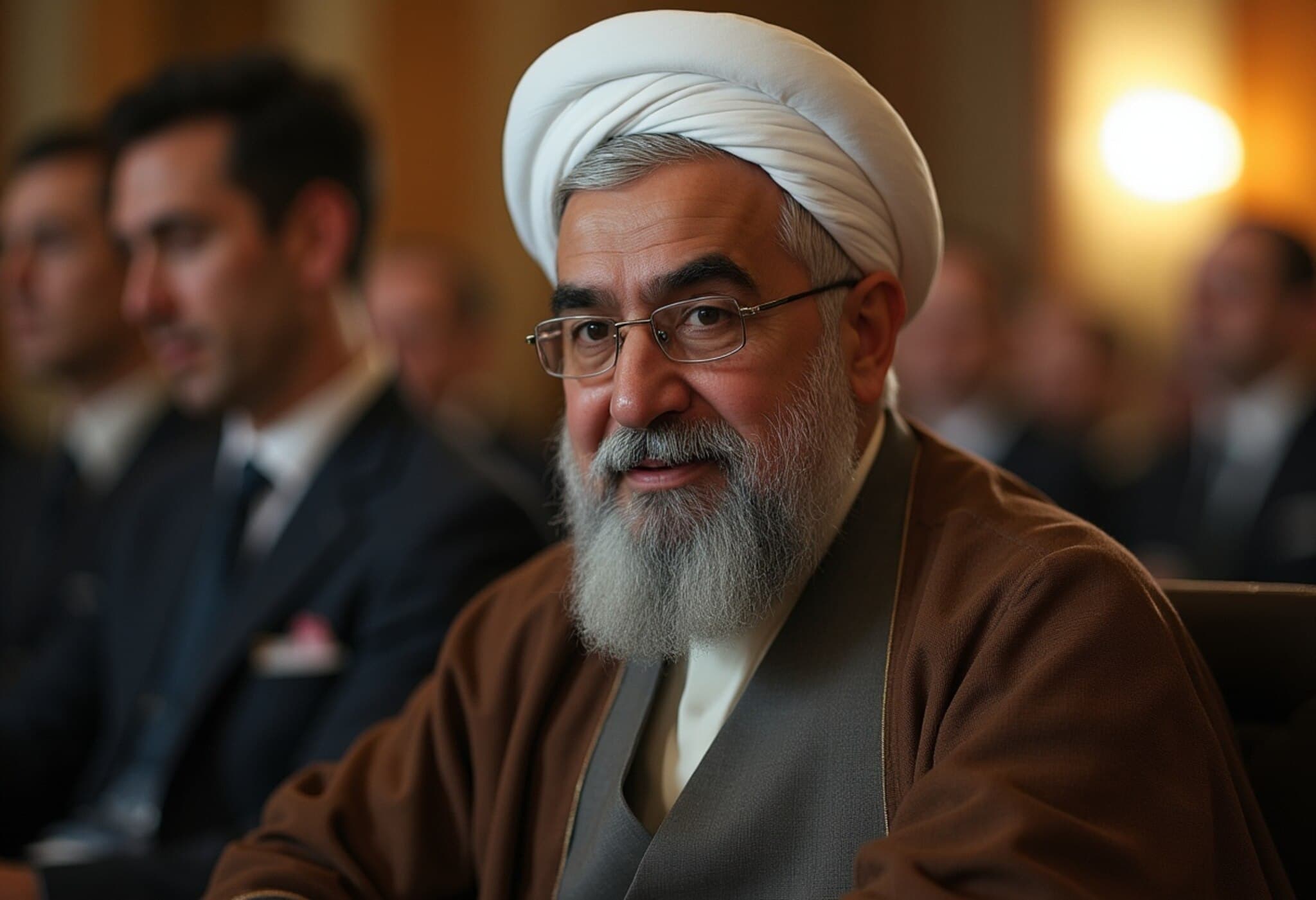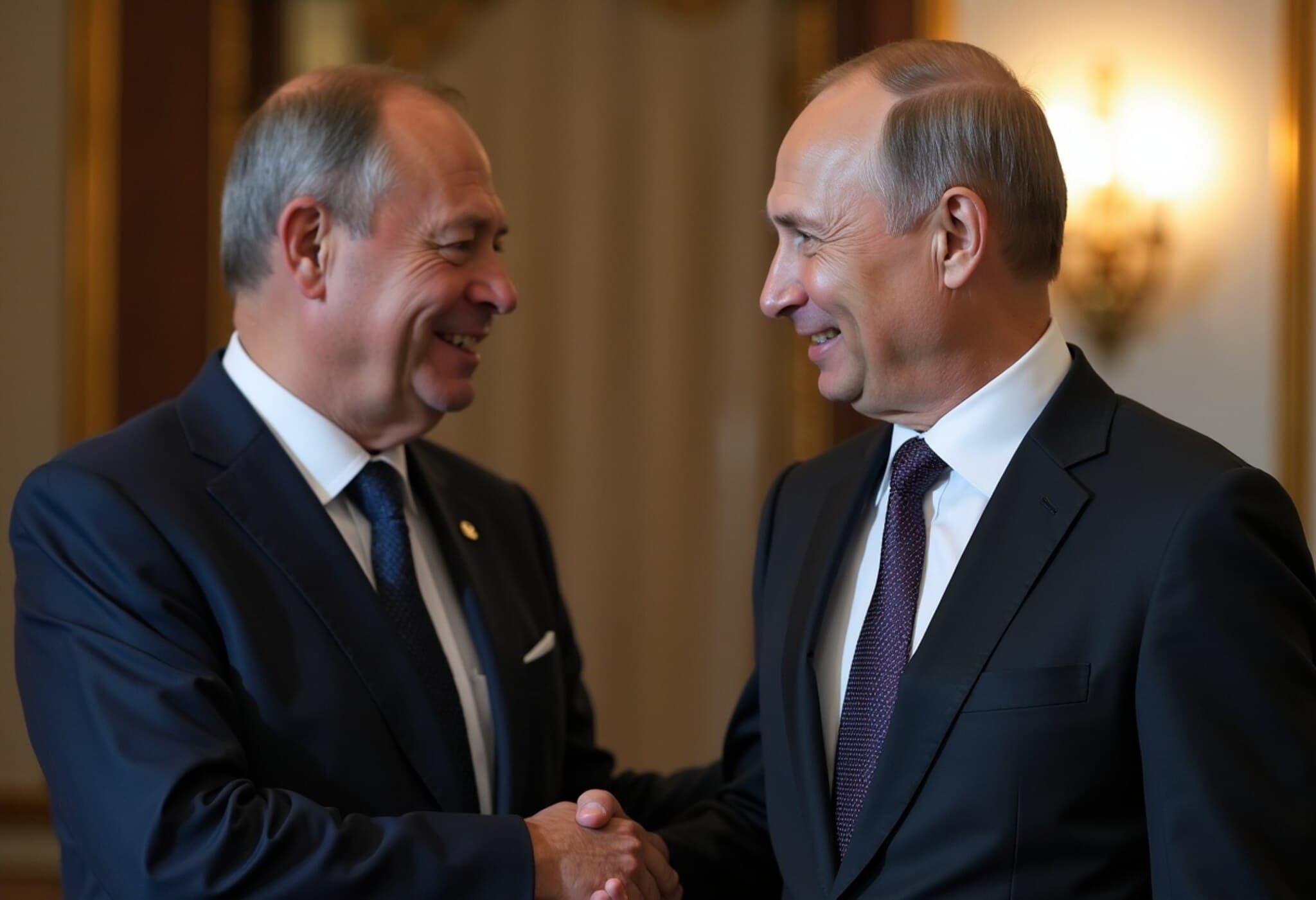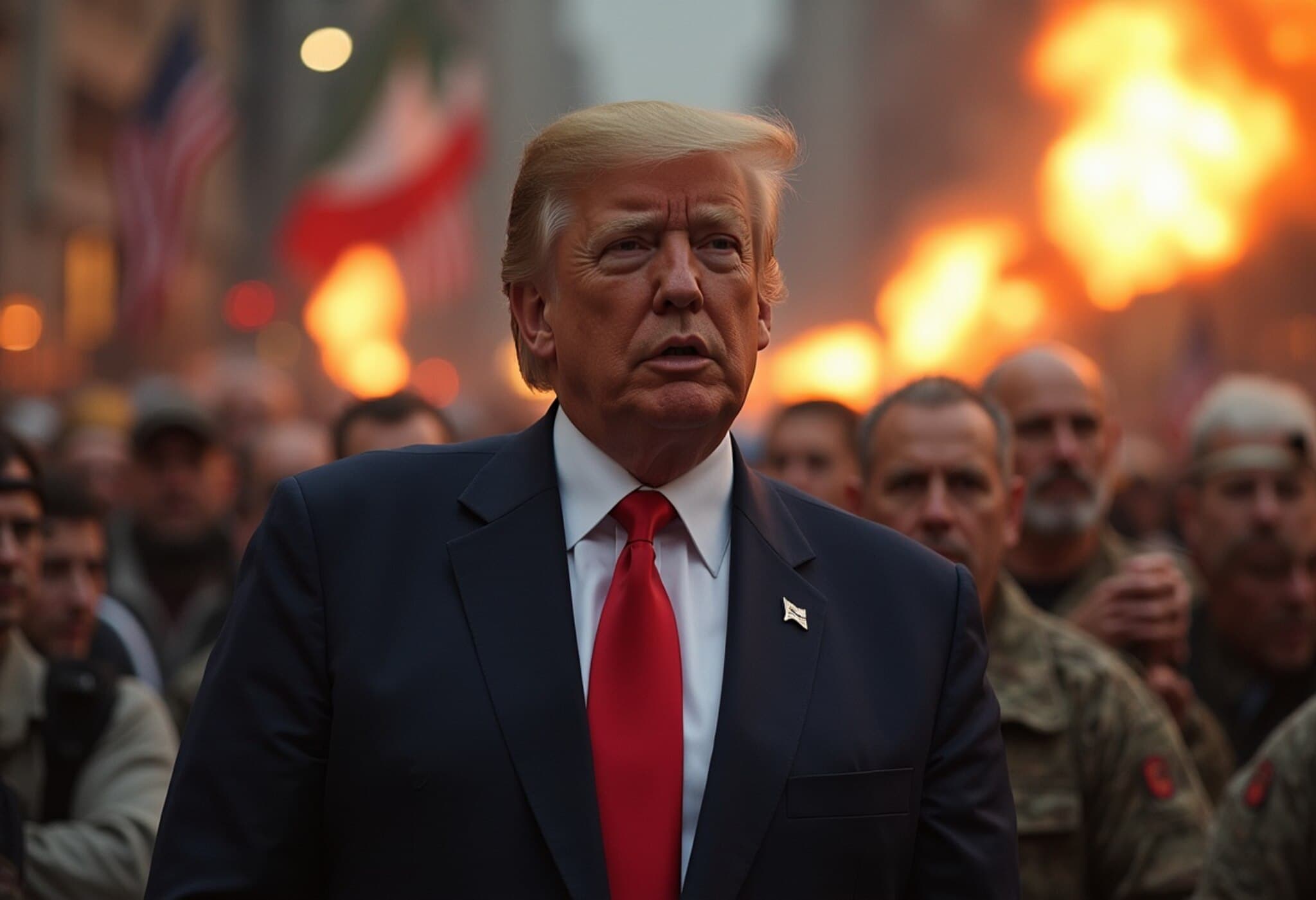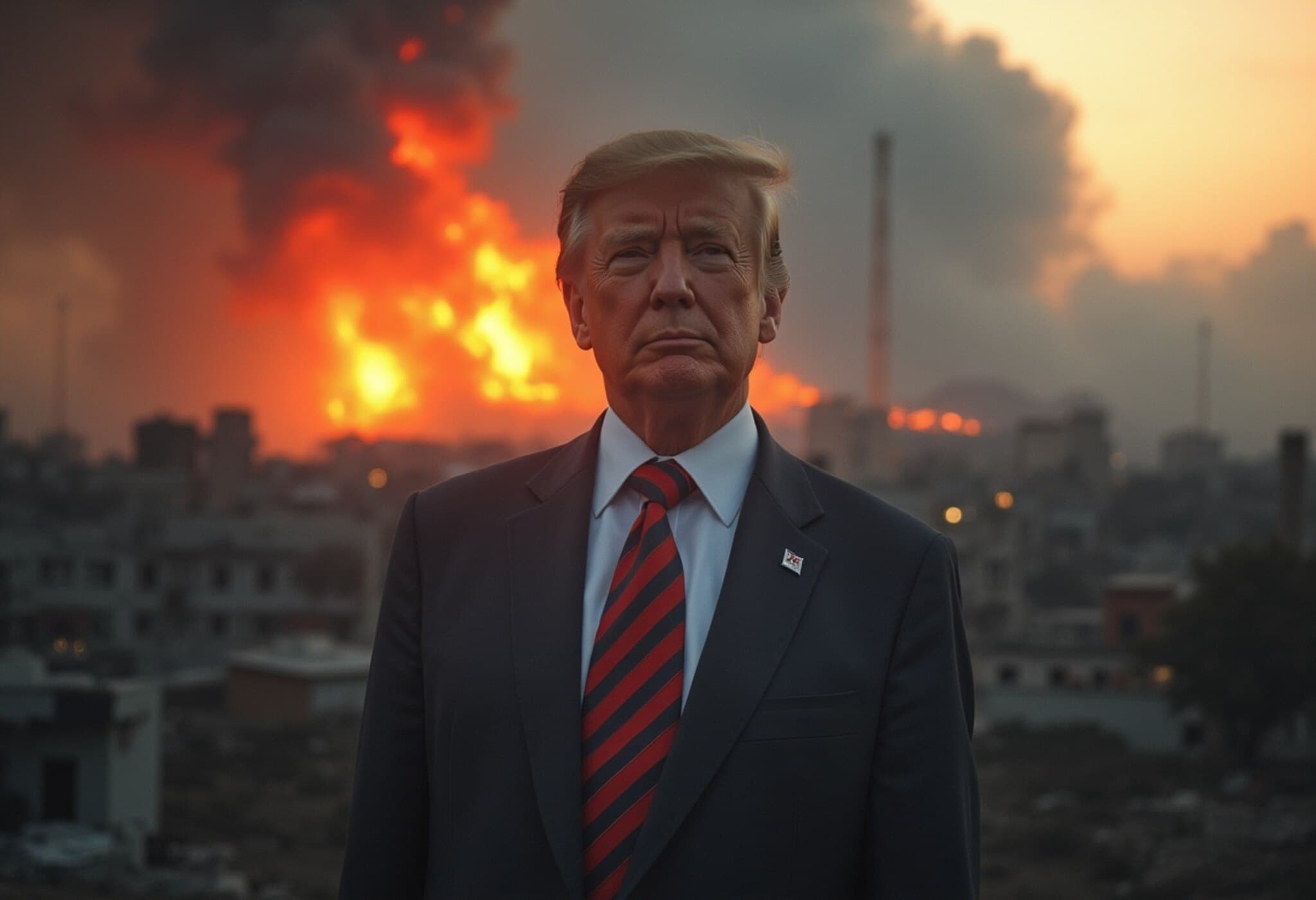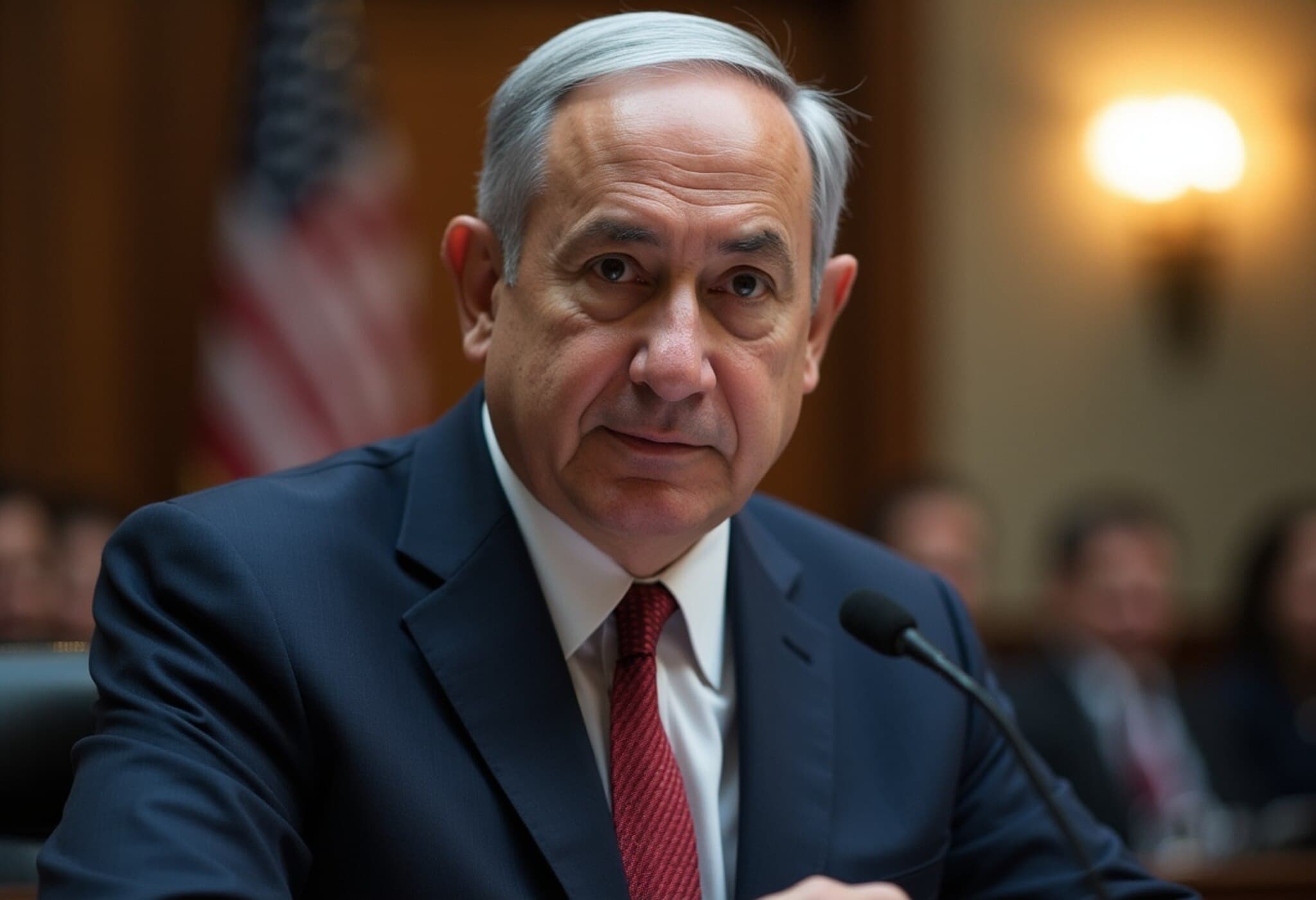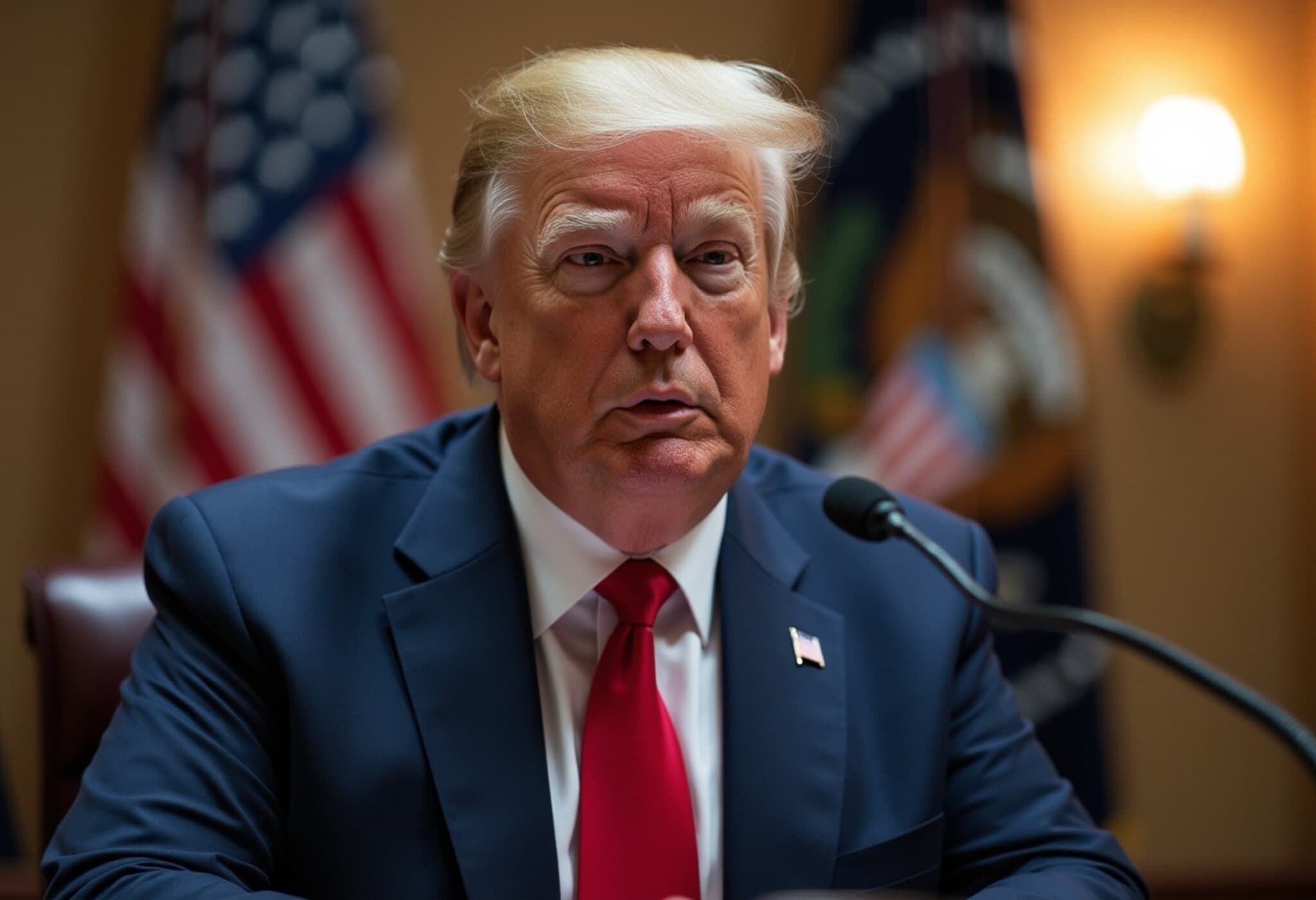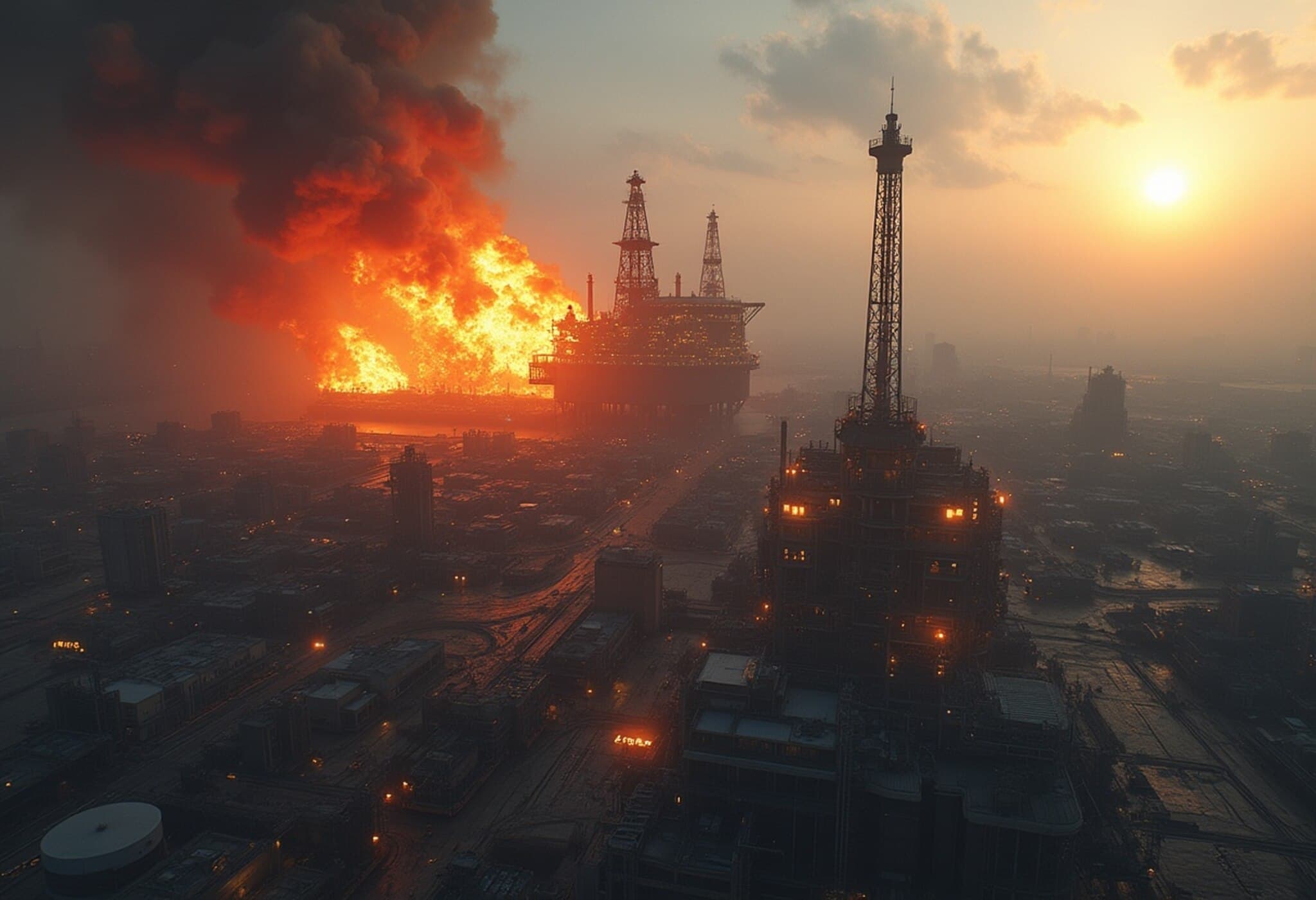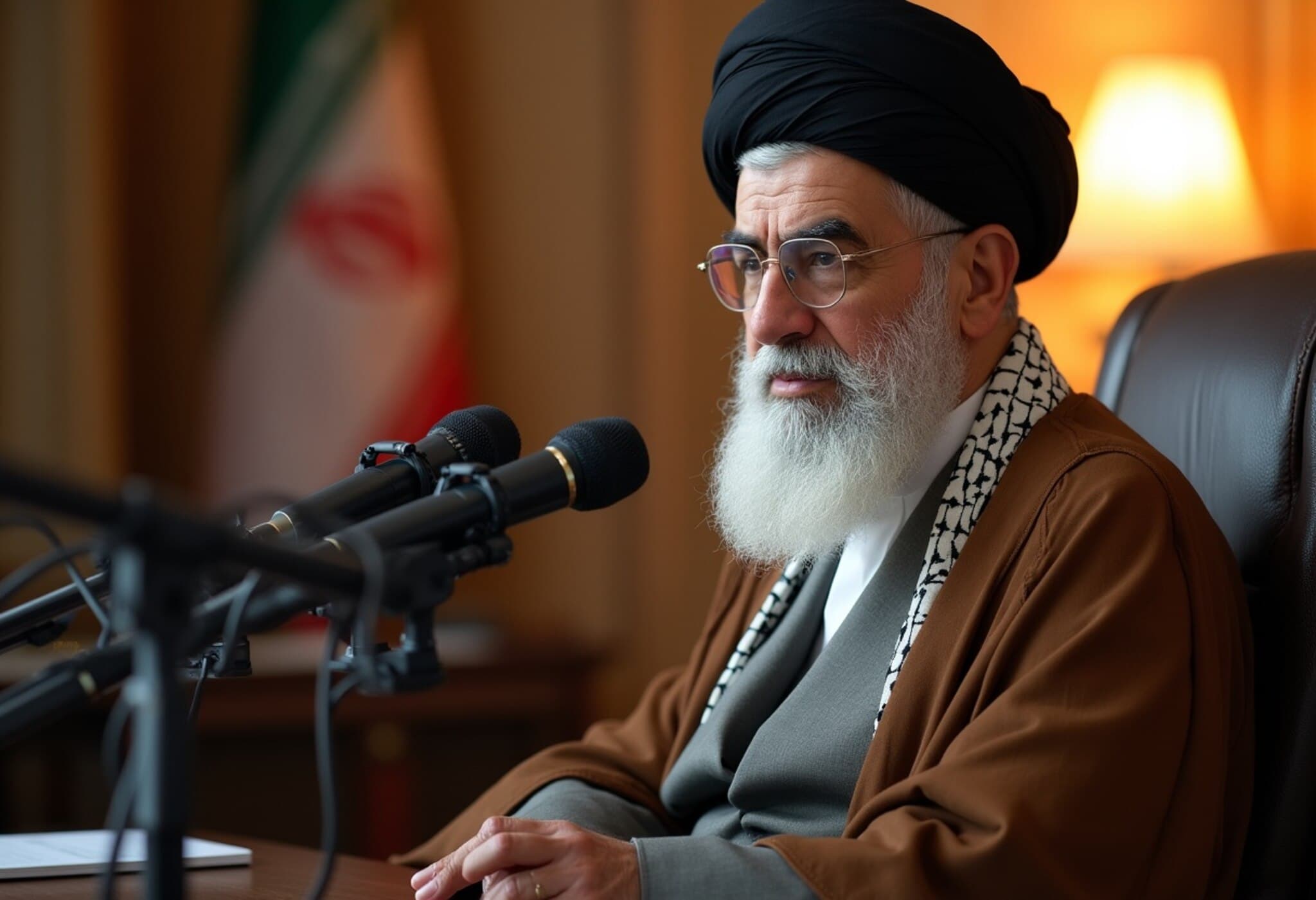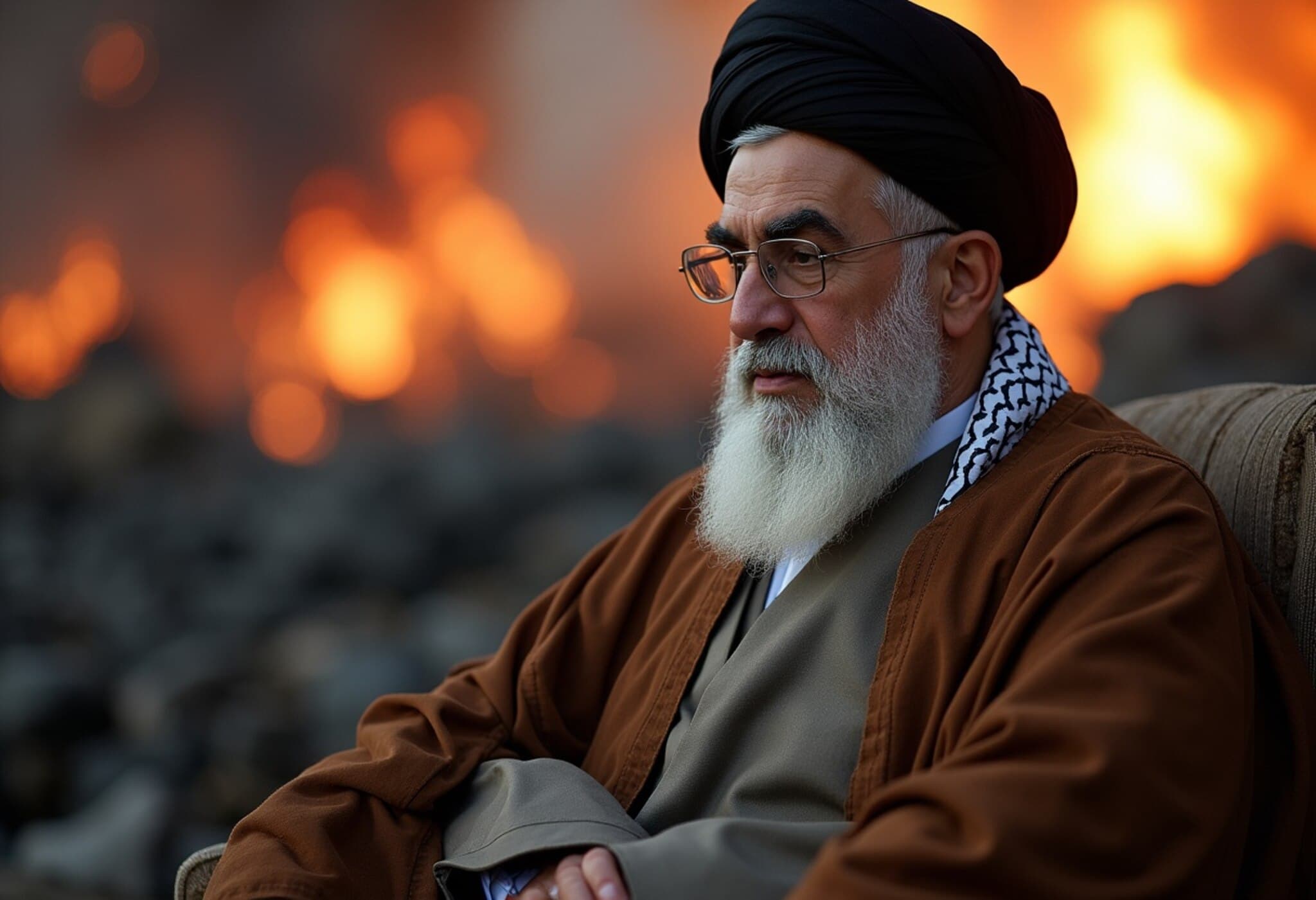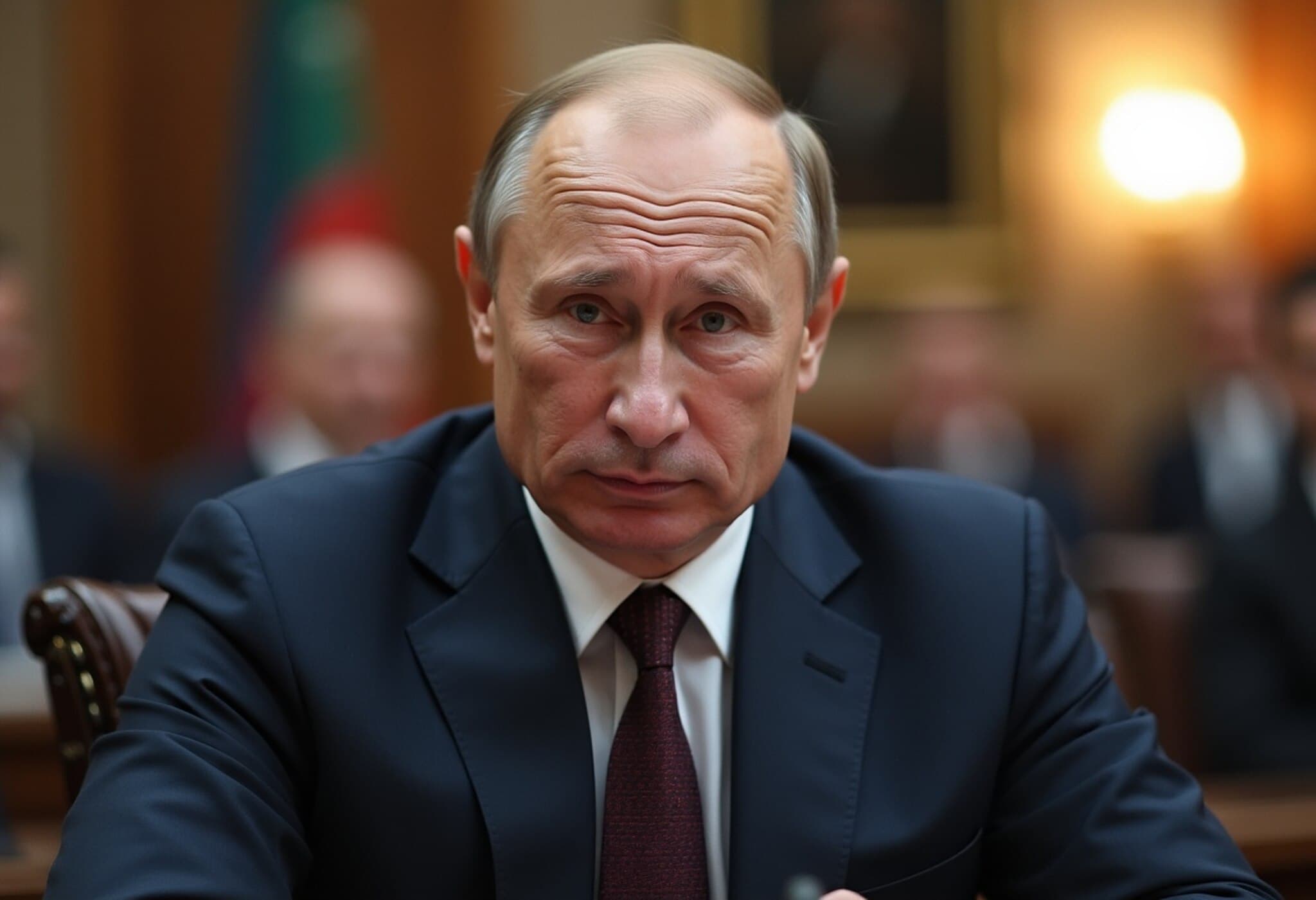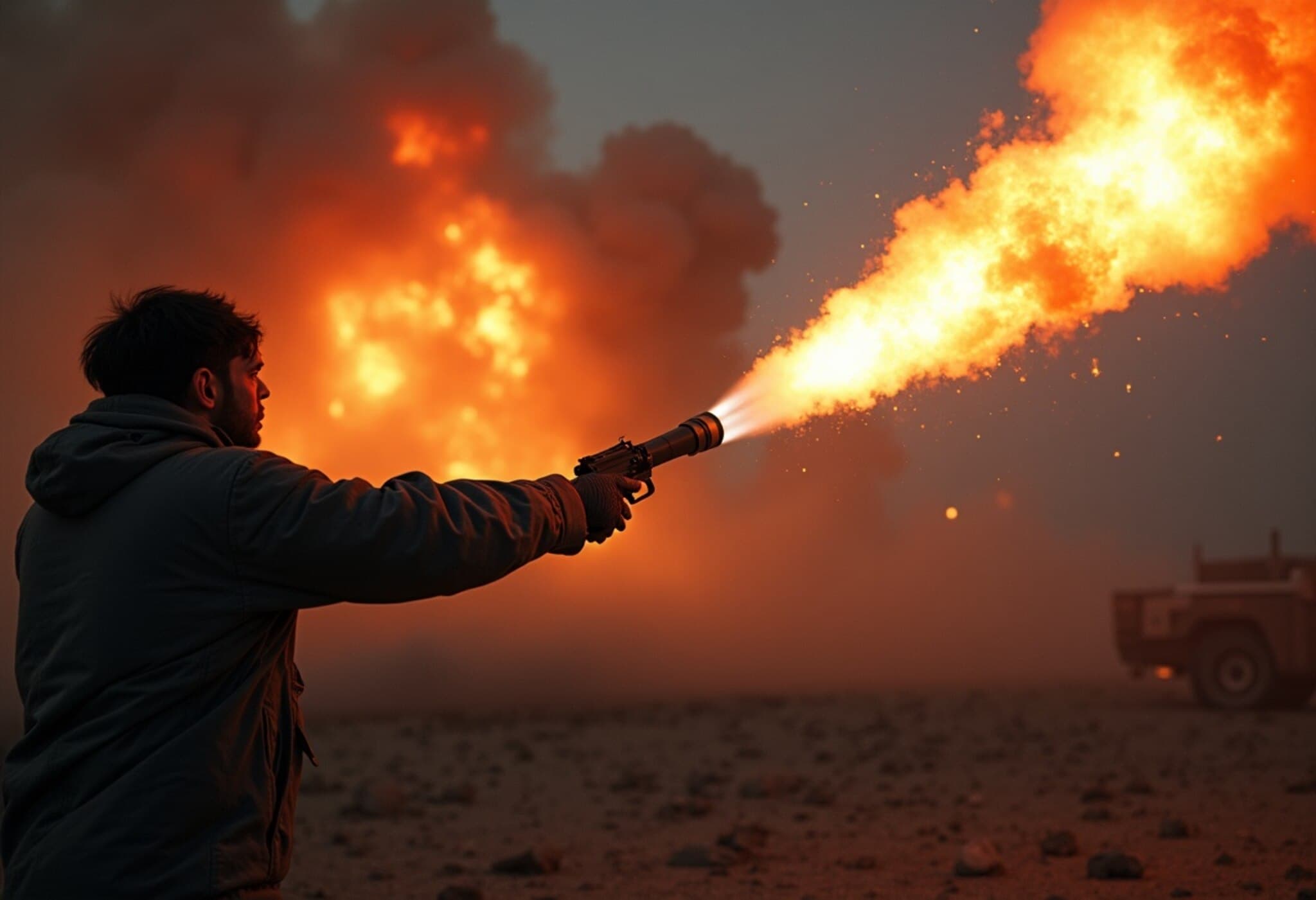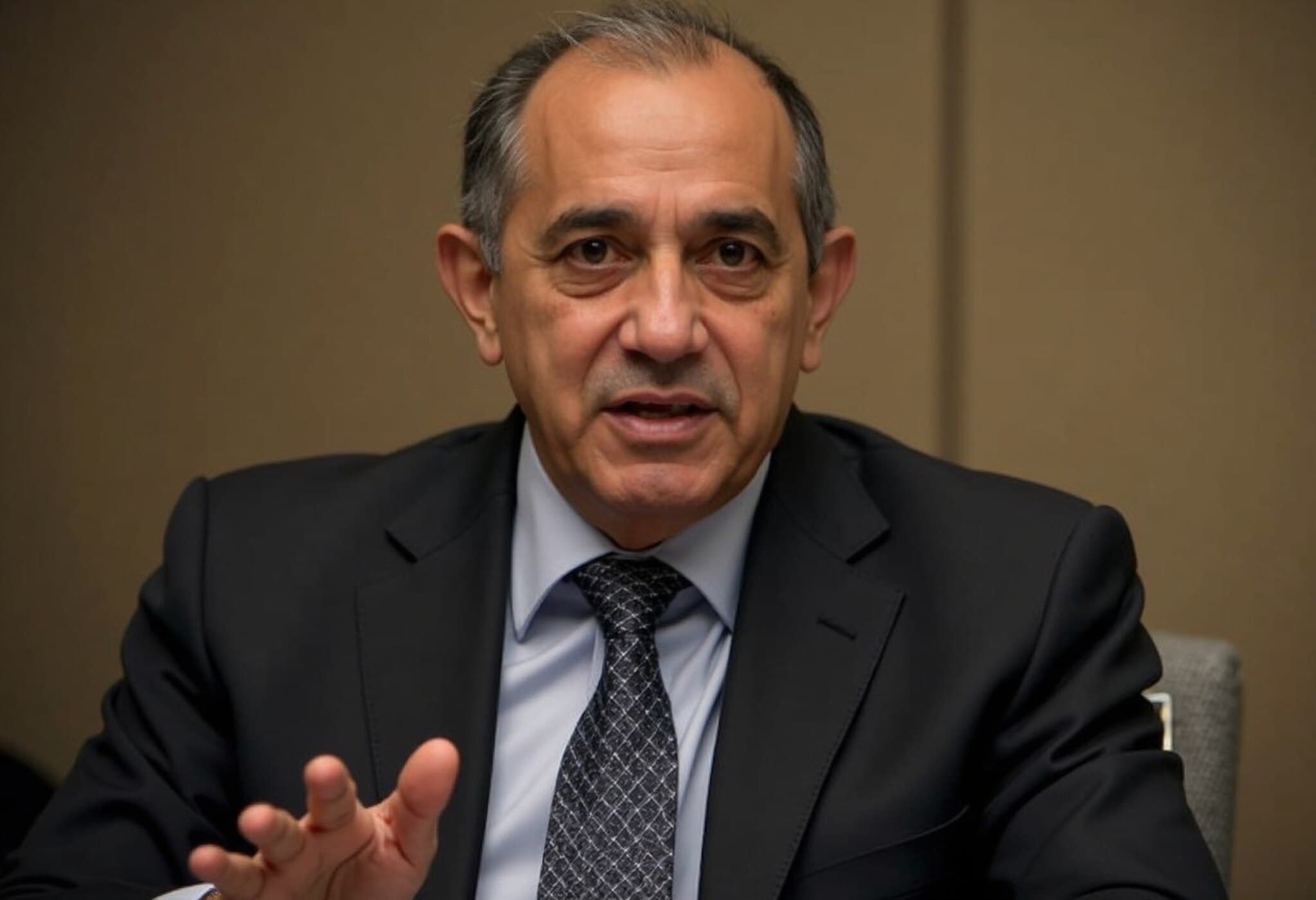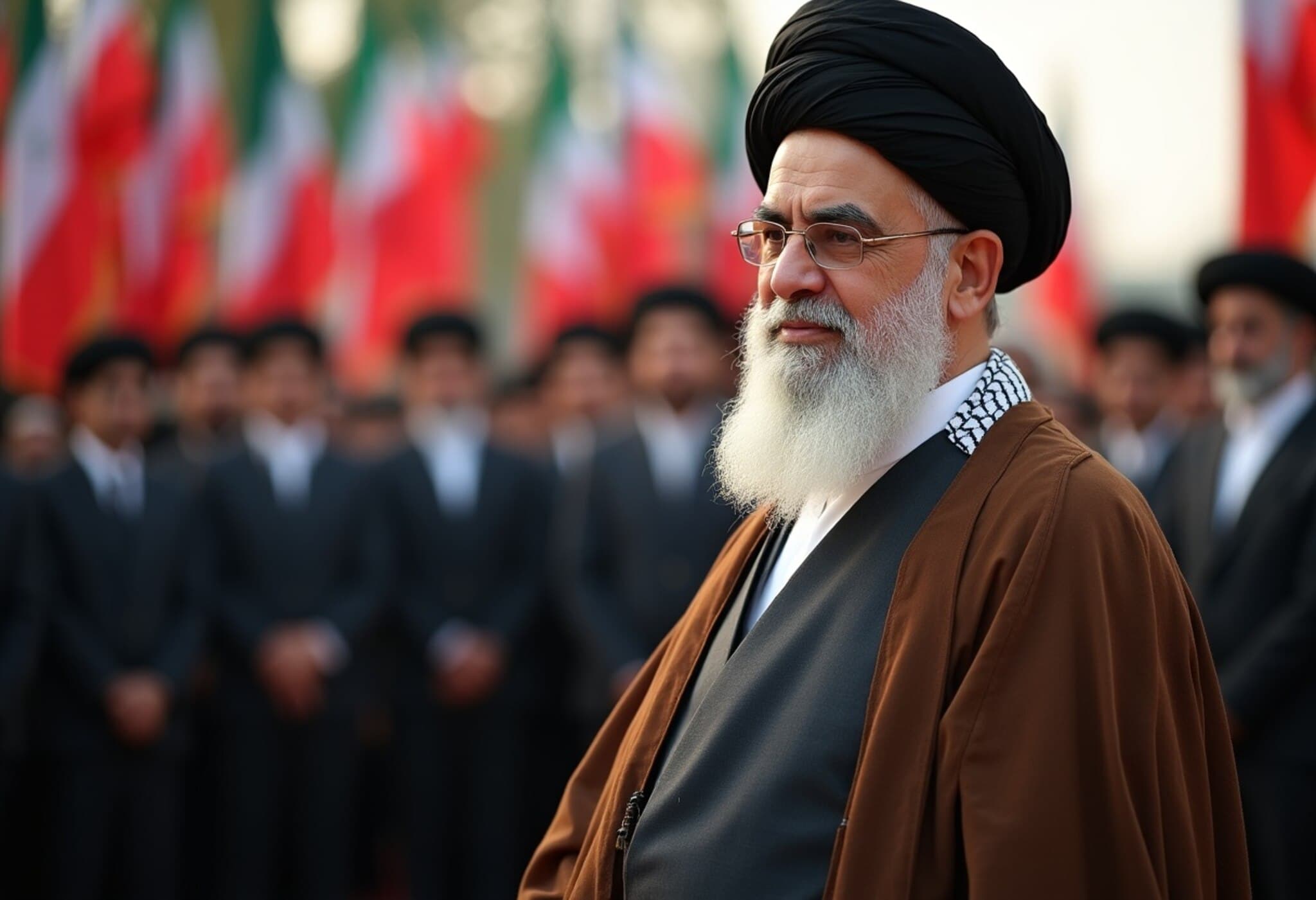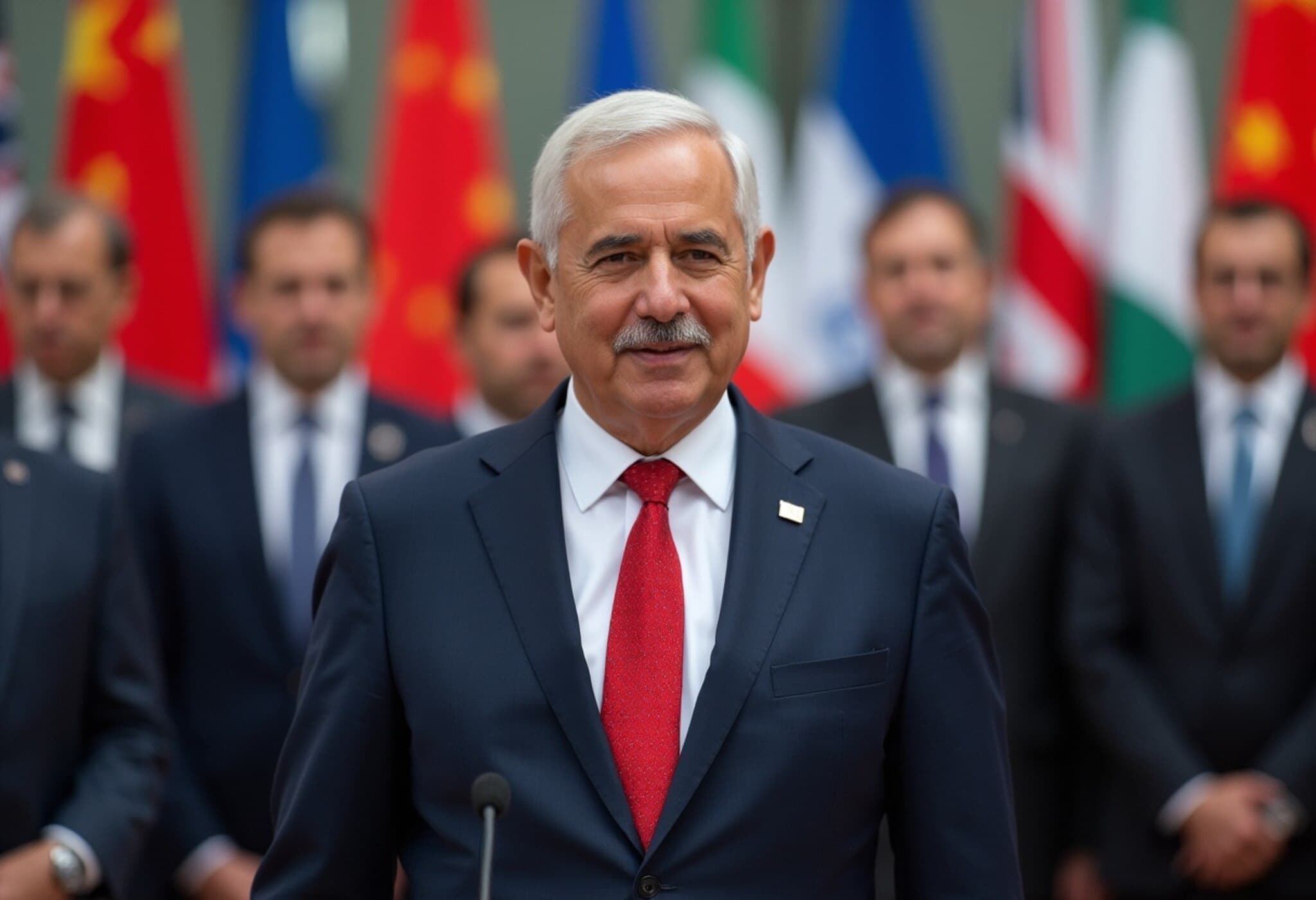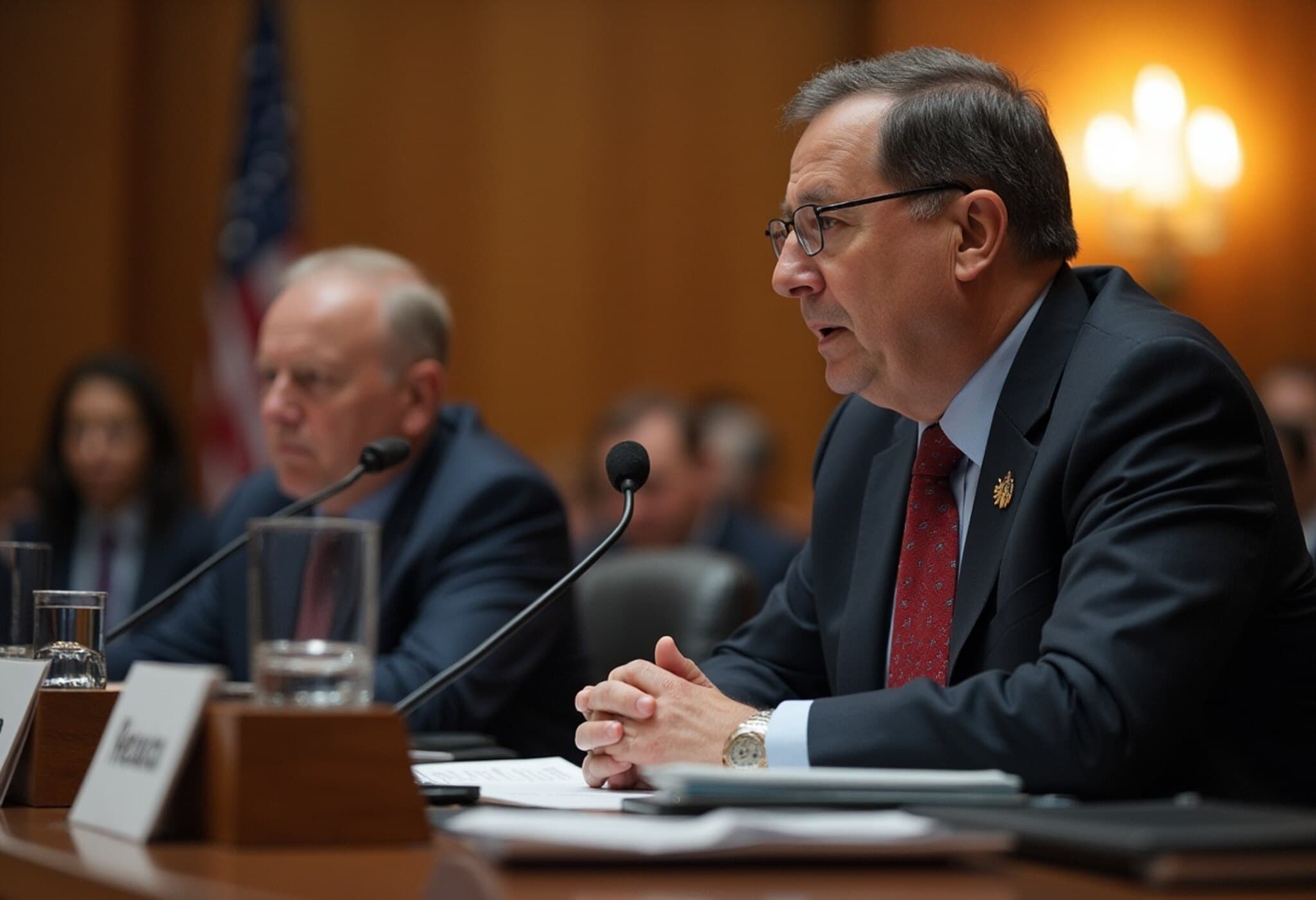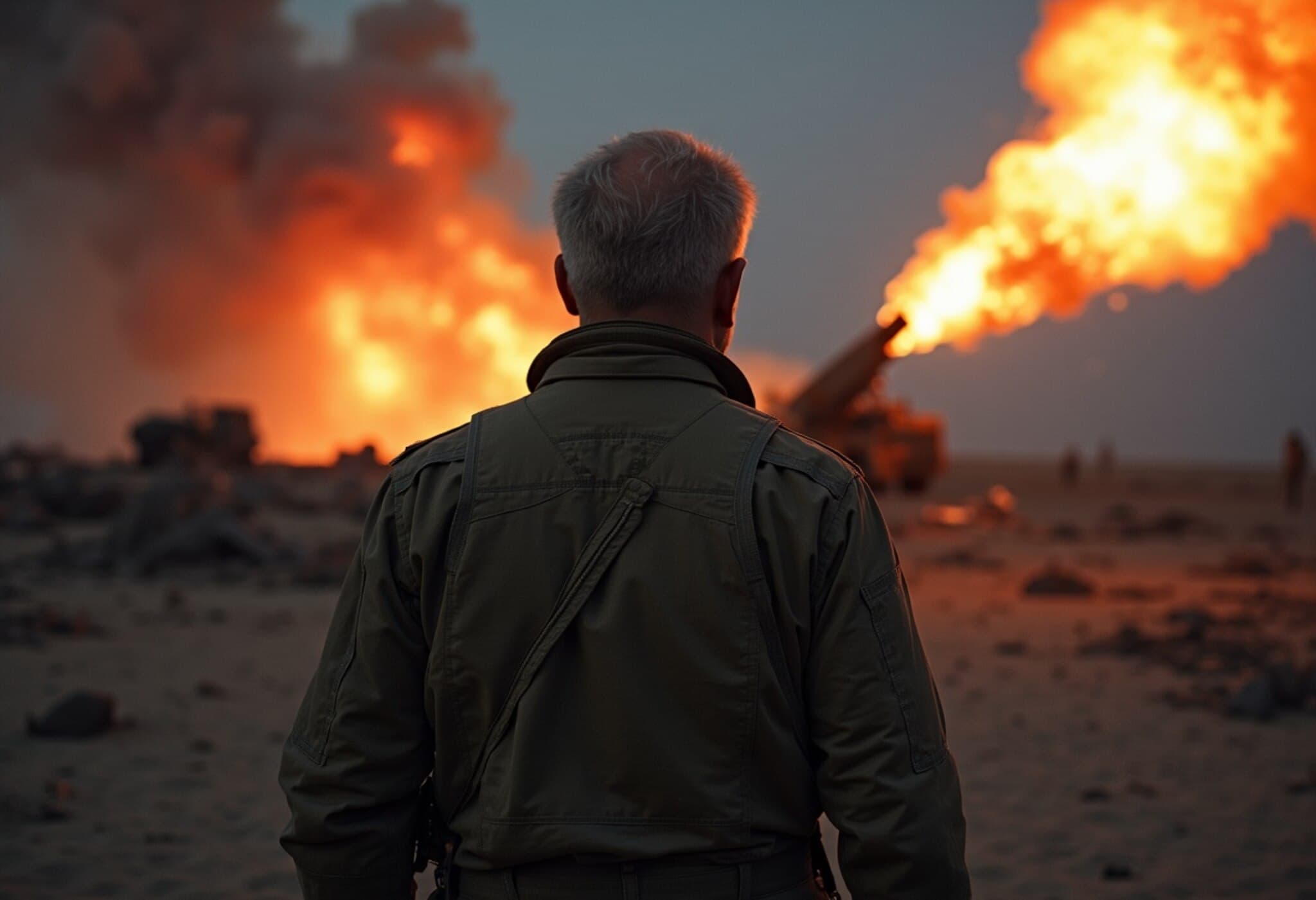US Appeals to China Amid Rising Tensions Over Strait of Hormuz
In the wake of recent American strikes targeting Iranian nuclear facilities, US Secretary of State Marco Rubio urgently called on China to help dissuade Iran from closing the vital Strait of Hormuz. This narrow waterway is a lifeline for global energy markets, channeling roughly 20% of the world's oil supply.
Why the Strait of Hormuz Matters
The Strait serves as a critical maritime route connecting Middle Eastern oil producers with international markets. Any disruption here could jolt energy prices worldwide and unsettle the already fragile geopolitical landscape.
Potential Iranian Retaliation Raises Concerns
Analysts warn that Iran might retaliate against Washington's early Sunday strikes by shutting the Strait entirely. Rubio emphasized that such a move would be a grave misstep, describing it as "economic suicide" for Iran. He added,
"It would damage their economy severely and provoke widespread international backlash."
Rubio urged other nations to recognize the stakes, noting the economic fallout would reverberate globally, potentially prompting a strong multilateral response.
Heightened Regional Tensions
In parallel, Iran's leadership has reportedly designated US military bases as "legitimate targets" in response to the recent attacks, signaling a hardening stance that could escalate hostilities further.
Yet, the ultimate direction of this conflict remains unclear—whether Iran will seek de-escalation or retaliate more aggressively is still unfolding.
International Reactions
China, along with Russia and several Arab nations, has voiced strong condemnation of the US strikes, warning that these actions risk intensifying tensions across the Middle East.
The US, meanwhile, is keen to leverage its global partnerships, particularly with China due to its heavy reliance on oil traveling through the Strait, to maintain regional stability.
Looking Ahead
As the situation develops, the world's eyes remain fixed on the Strait of Hormuz, a strategic chokepoint whose control could shape the geopolitical and economic landscape for months to come.

